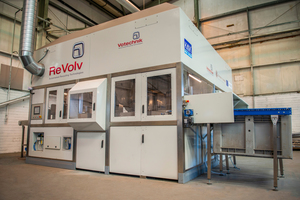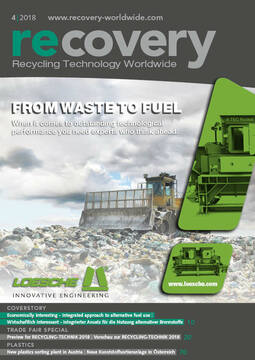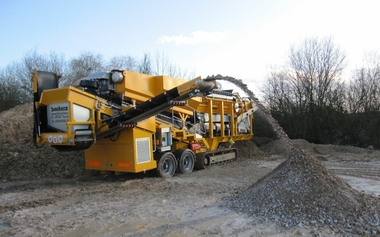New technology to help clear mountain of waste LCDs
A partnership of researchers, recyclers and engineers have united their expertise to solve the LCD (Liquid Crystal Display) stockpiling issue in Europe.
LCDs contain hazardous substances and are currently largely disassembled manually, making the process slow and expensive and resulting in the stockpiling of LCD screens at recycling plants across Europe. LCDs are subject to an EU Directive that stipulates that the mercury and liquid crystals must be removed, so it is essential that they are treated correctly.
Globally, there were 217 million LCD televisions sold up to the end of 2013. These have an expected lifespan of around 8 years which means these products are now in the waste stream and requiring treatment. LCD TVs and monitors have a complex internal structure; consisting of a casing, base stand, cables, liquid crystal panel and electronic components. The liquid crystal panel itself comprises two glass plates with the liquid crystals contained inside. This structure has previously made manual disassembly the only solution but the introduction of the ALR3000TM to the market is set to change this and make LCD recycling economically viable.
The machine quickly and safely removes components containing hazardous substances from the LCDs, such as mercury containing lamps, and presents the separate fractions of the non-hazardous materials ready for recycling. These materials include in-demand critical raw materials like indium and other valuable materials, for instance the plastics contained in the screens. ReVolv has developed all the necessary technical instructions and specifications for operating and manufacturing the ALR3000TM. Based on users’ requirements and a thorough analysis of the market, the legal framework and the environmental impact, a business and exploitation plan has been developed.
Discussing the end of project results in Brussels, Project Leader Dr. Lisa O’Donoghue said: “This new technology has been the result of three years of focussed work and collaboration. The machine has been thoroughly tested during this development phase and has been found to perform extremely well in all conditions. We are now talking with recyclers that are wanting to seize the opportunity presented by the mountain of waste LCDs and hope to see a number of ALR3000TM in operation by the end of the year.” The technology is currently being demonstrated in Ireland and is available for potential customers to see in action.



